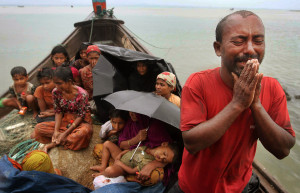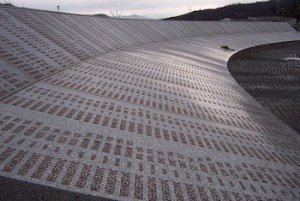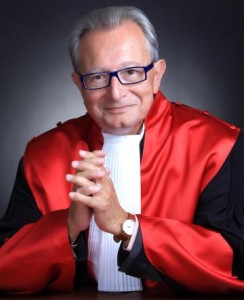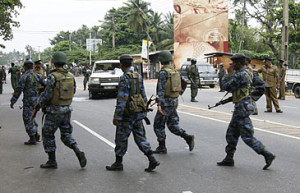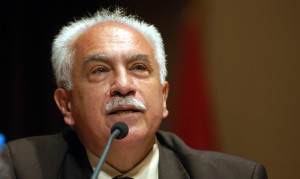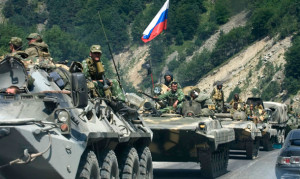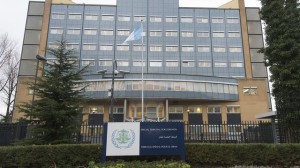By John Dugard*
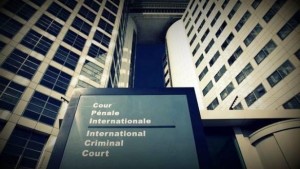 The ruling African National Congress’s demand that the South African government should pull out of the International Criminal Court is defeatist, naïve and reactionary. African states have largely themselves to blame for the fact that the continent has been singled out by the court, and rather than withdraw they should use their political muscle to ensure that prosecutions are brought against non-African leaders too.
The ruling African National Congress’s demand that the South African government should pull out of the International Criminal Court is defeatist, naïve and reactionary. African states have largely themselves to blame for the fact that the continent has been singled out by the court, and rather than withdraw they should use their political muscle to ensure that prosecutions are brought against non-African leaders too.
Africa occupies a key position in the International Criminal Court (ICC). It is the largest regional group with 34 member states; the present prosecutor of the court is an African woman Fatou Bensouda of The Gambia and four of the 18 judges on the court are from Africa, including the vice-president, Joyce Aluoch of Kenya. Africa is not therefore a marginal player in the ICC.
Despite this the ICC is more criticised in Africa than any other continent. In large measure this criticism comes from the leaders of non-member states, such as Zimbabwean President Robert Mugabe and Sudanese President Omar al-Bashir, who are themselves accused of committing international crimes.
But the leaders of member states, whose judges serve or have served on the court, have given support to the criticism and condemnation of the court. Perhaps the three most vocal leaders of this group are Kenyan President Uhuru Kenyatta, Ugandan President Yoweri Museveni and South African President Jacob Zuma. Continue reading

